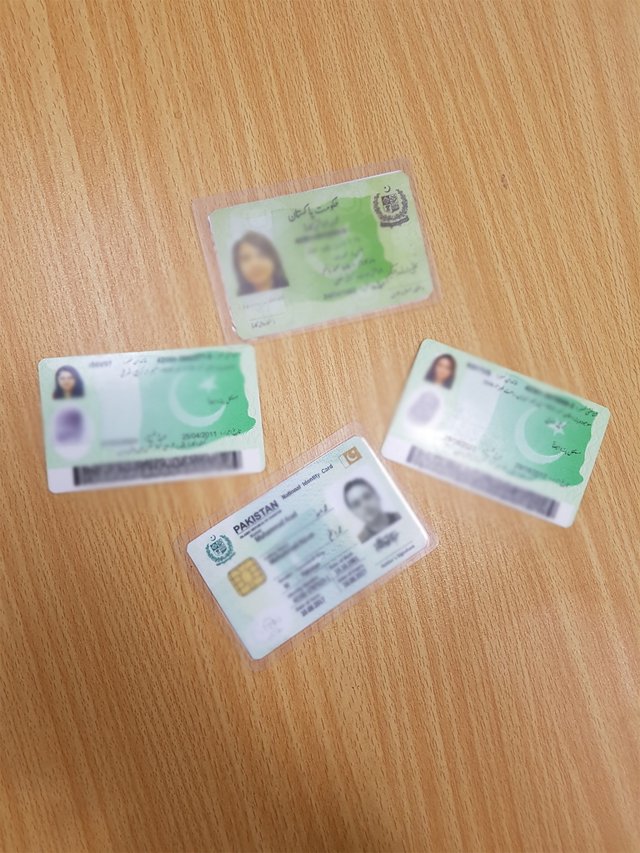
In an interview with Bloomberg, a New York-based international news agency, he said the plan seeks to plug leakages, encourage correct property valuation, lower individual tax rates and offer an amnesty programme.
The Bloomberg report pointed out that less than one percent of Pakistan’s population of 210 million pays taxes. Lenders including the International Monetary Fund (IMF) have repeatedly shown concern over Pakistan’s tax-to-GDP ratio of about 12%, which is among the lowest globally, the report said.
Despite targeting new areas, top 10 tax contributors remain same
In the past, it said attempts to force people to pay taxes have been met with resistance and strikes by businesses, while various amnesty plans announced - including one eight months ago - failed to boost revenues. Now Abbasi wants officials to build taxpayer profiles through the National Database and Registration Authority (NADRA), the report added.
“We are fixing the problem with a multi-pronged strategy,” PM Abbasi was quoted as saying. “You can make money but you cannot hide expenditures. Your telephone bills, utility bills, foreign travels, credit cards spending tell you the whole story.”
The Bloomberg report said Pakistan’s current account deficit widened about 60% to $7.4 billion in the six months to December and foreign exchange reserves are deteriorating, prompting the finance ministry to raise $2.5 billion from global bonds and Sukuk in November. A month later, it noted the government allowed the devaluation of the rupee. The last tax amnesty plan resulted in just 0.3% of three million traders registering with the tax authority before it was withdrawn in April, Bloomberg said.
This time, the programme will encourage Pakistanis to account for their wealth with a fee of 3%, down from 10% previously, Abbasi said. In another step, the government will streamline property valuation to discourage investment in the sector to evade paying taxes.
Directory shows marked increase in direct tax collection
Abbasi, who became the premier in August after the Supreme Court disqualified his predecessor Nawaz Sharif, will have about five months to implement his initiatives before he hands over power to a caretaker prime minister in June, the report said.The last tax amnesty plan resulted in just 0.3 percent of 3 million traders registering with the tax authority before it was withdrawn in April, it said. This time, the programme will encourage Pakistanis to account for their wealth with a fee of 3 percent, down from 10 percent previously, Abbasi said in the interview. In another step, the government will streamline property valuation to discourage investment in the sector to evade paying taxes.
In December, the State Bank allowed the rupee to fall by about 5 percent against the dollar after the IMF and investors said it was overvalued, it was pointed out. Abbasi said he didn’t see any need for a further devaluation before the elections. Faced with such macro-economic challenges, the proposed amnesty plan will be little more than a pre-election slogan, according to Vaqar Ahmed, the deputy executive director at Sustainable Development Policy Institute in Islamabad.
Published in The Express Tribune, February 8th, 2018.
Like Business on Facebook, follow @TribuneBiz on Twitter to stay informed and join in the conversation.

















COMMENTS (5)
Comments are moderated and generally will be posted if they are on-topic and not abusive.
For more information, please see our Comments FAQ